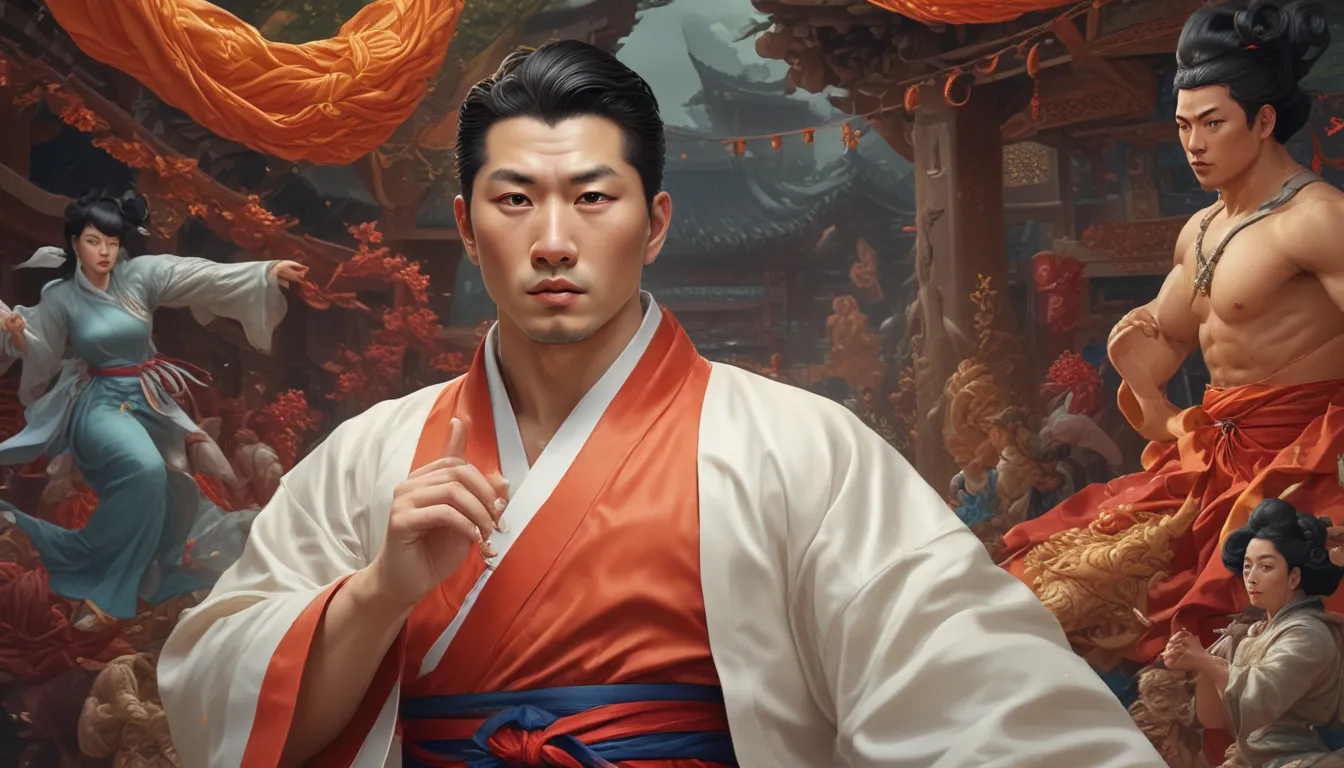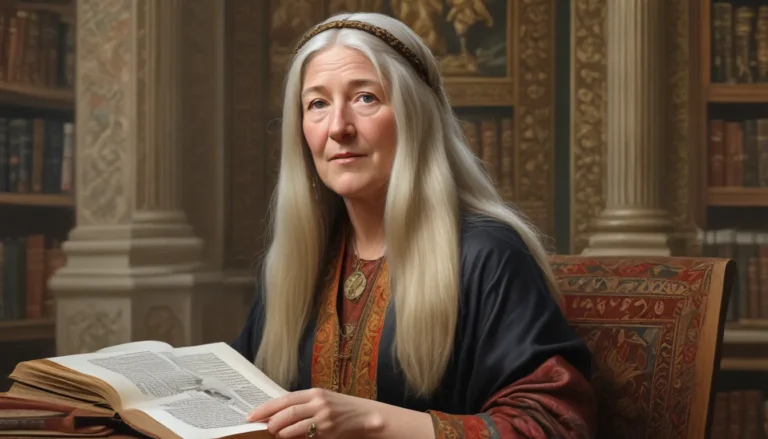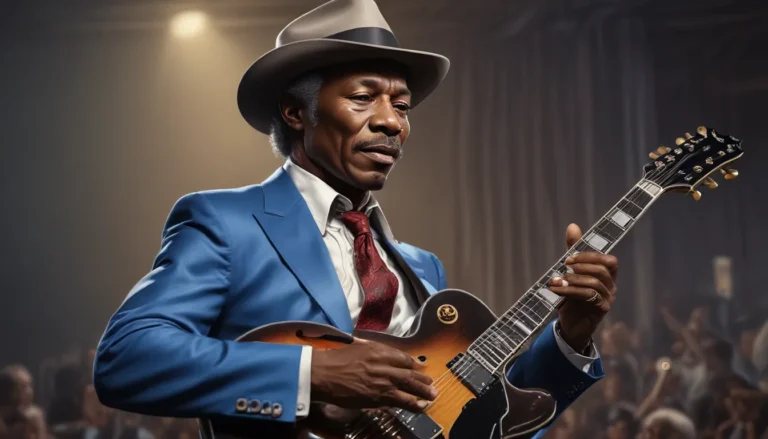The images in our articles may not match the content exactly. They are used to grab your attention, not to show the exact details in the text. The images complement the text but do not replace it.
Welcome to a deep dive into the intriguing life and legacy of Chun Doo-hwan, a prominent figure in South Korean history. From his humble beginnings in a small farming village to his controversial presidency, Chun Doo-hwan’s journey is a captivating tale of power, politics, and impact on the nation’s history. Join us as we explore 19 fascinating facts about this influential figure and unravel the complexities of his leadership.
The Early Life of Chun Doo-hwan
Chun Doo-hwan was born on January 18, 1931, in Hapcheon County, South Korea. His upbringing in a farming village played a pivotal role in shaping his leadership style and perspective on national development. This humble background laid the foundation for his future endeavors in the military and politics, setting the stage for his rise to power.
The Military General Turned President
At the Korean Military Academy, Chun Doo-hwan honed his military skills, which would later propel him into the spotlight. His military background played a significant role in his rise to power and the development of his policies as the President of South Korea from 1980 to 1988. During his presidency, Chun implemented various political and economic reforms that left a lasting impact on the country’s modern development.
The Controversial Rise to Power
In 1979, following the assassination of President Park Chung-hee, Chun Doo-hwan seized control of the government through a military coup and declared martial law. This bold move marked the beginning of a tumultuous period in South Korean history, characterized by both achievements and controversies. Chun’s authoritarian rule and suppression of dissent sparked public protests and calls for democratization, leading to widespread political unrest during his presidency.
The Gwangju Uprising and its Aftermath
One of the most significant events during Chun Doo-hwan’s presidency was the Gwangju Uprising in 1980. The uprising, a pro-democracy movement, was met with a violent military crackdown that resulted in numerous casualties. The brutality of the government’s response to the uprising further fueled public discontent and condemnation of Chun’s regime.
Legacy and Ongoing Debate
Chun Doo-hwan’s legacy remains a subject of ongoing debate in South Korea. While some credit his economic reforms for the country’s rapid development, others condemn his authoritarian rule and human rights violations. His influence on South Korea’s political landscape is still felt today, as his presidency marked a period of rapid modernization and urbanization in the country.
Economic Development and Military Modernization
Under Chun Doo-hwan’s administration, South Korea experienced rapid industrialization and export-led growth, known as the “Miracle on the Han River.” His focus on economic development and military modernization aimed to strengthen the country’s defense capabilities and position it as a regional powerhouse. Despite facing international criticism for human rights abuses, Chun’s policies contributed to South Korea’s emergence as an economic powerhouse in the region.
The Controversy and Legal Battles
After leaving office, Chun Doo-hwan faced multiple allegations of corruption and human rights abuses during his presidency. He was charged with treason and corruption, leading to a conviction of treason and a death sentence. However, his sentence was later commuted to life imprisonment and eventually pardoned by President Kim Young-sam in 1997. These legal battles further underscored the controversies surrounding Chun’s leadership and his tumultuous presidency.
The Authoritarian Rule and Public Backlash
Chun Doo-hwan’s presidency was characterized by authoritarian rule and a strict military-like discipline. His policies focused on national security and economic stability, leading to public protests and demonstrations against his regime. The push for democratization and the transition to a more open and representative government ultimately led to Chun stepping down from the presidency in 1988, succeeded by Roh Tae-woo.
The Enduring Impact of Chun Doo-hwan
Chun Doo-hwan’s influence continues to shape South Korea’s political landscape, serving as a reminder of the nation’s complex history and the challenges of transitioning from authoritarian rule to democracy. His legacy, while contentious, highlights the complexities of political leadership and the lasting impact it can have on a country’s trajectory. Regardless of one’s opinion on Chun Doo-hwan, his actions undoubtedly played a significant role in shaping the course of South Korean history.
Conclusion
In conclusion, Chun Doo-hwan’s life and presidency are a testament to the complexities of political leadership and the challenges of balancing economic development with human rights and democratic values. His controversial rise to power, authoritarian rule, and eventual transition from office have left a lasting impact on South Korea’s modern history. While his legacy remains a subject of debate and reflection, Chun Doo-hwan’s role in shaping the nation’s path towards democracy is undeniable. As South Korea continues to evolve, Chun’s influence serves as a poignant reminder of the country’s journey from tumultuous past to a prosperous future.
FAQs: Unveiling the Enigma of Chun Doo-hwan
Q: Who is Chun Doo-hwan?
A: Chun Doo-hwan is a former military general and politician who served as the President of South Korea from 1980 to 1988.
Q: How did Chun Doo-hwan come to power?
A: Chun Doo-hwan seized power in a military coup in 1979, following the assassination of President Park Chung-hee.
Q: What were the major controversies during Chun Doo-hwan’s presidency?
A: The major controversies during Chun Doo-hwan’s presidency include the Gwangju Uprising of 1980, the implementation of martial law, and his authoritarian rule which suppressed dissent.
Q: What economic reforms were implemented during Chun Doo-hwan’s presidency?
A: Chun Doo-hwan implemented economic reforms known as the Saemaul Undong (New Village Movement), which aimed to modernize rural areas and promote agricultural productivity.
Q: How did Chun Doo-hwan’s presidency impact South Korea’s path towards democracy?
A: Chun Doo-hwan’s presidency was marked by widespread protests and demands for democracy, which eventually led to the transition to a democratic system in South Korea.
Join us on a journey through the life and legacy of Chun Doo-hwan, a figure whose impact on South Korean history continues to spark debate and reflection. As we explore the complexities of his leadership and the challenges of transitioning from authoritarian rule to democracy, we invite you to delve deeper into the fascinating tapestry of South Korea’s modern history.






